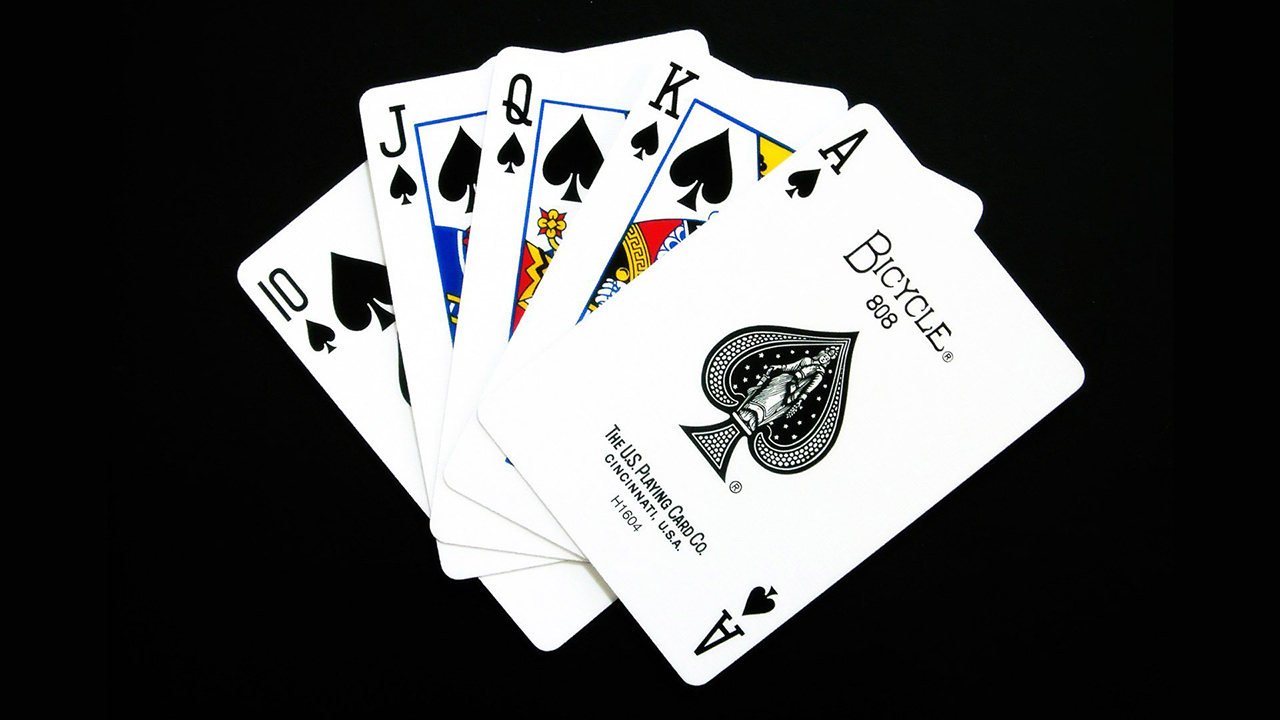Rule-governed Games in Analytic & Continental Tradition Instructor: Anna Longo Date & Time: March 26, April 2, 9, May 7 14:00-16:30 ET

DESCRIPTION: The analogy between language and the game of chess appears for the first time in the two initiators of the linguist turn: Ferdinand de Saussure and Ludwig Wittgenstein, who proposed it independently. However, the father of structuralism and the father of analytic philosophy expressed quite different views on the similarity of language and chess. In this class, we will address the divergence of the continental and analytic from the standpoint of the recurrent comparison between rule-governed games and the linguistic activity through which a collectively shared reality is constructed.
Following Saussure, structuralists like Levi Strauss (see the metaphor of the game in the structure of the myth) and Althusser consider a game as a structure that determines social roles within a system of oppositions. From this standpoint, individuals are like the pieces in the game of chess (socially constructed identities), the behavior of which is ruled according to the combinatory order of signifiers. While criticizing this static conception of the game, post-structuralists like Derrida and Deleuze tried to speculatively access the metaphysical conditions for the event, i.e., for the uncaused change of the structure that entails the actualization of a new organization and of a new distribution of social roles.
Accordingly, they opposed the ‘free play’ – the creative activity of the philosopher and the artist – to the ordinary activity of the individuals who interact according to the norms of the social game (see Derrida’s “Structure, Sign, and Play” or Deleuze’s ideal game in Logic of sense). Following Wittgenstein, analytic philosophers consider human agents as rational players (rather than signifiers receiving an identity within the general structure of the discourse) who are engaged in performing linguistic moves according to the rules that determine how to displace the pieces (words) to get collective benefits (see David Lewis’ theory of conventions, Sellars’ “Some reflections on language game,” Brandom’s game of giving and asking for reasons).
Here individuals are strategic players who learn the rules of the game by playing while taking part in a competition, the goal of which is to select the best possible strategies (moves or inferences) to obtain the desired outcomes. Rather than embodying given roles, agents here strive to improve their collective strategies (ruled behaviors) with respect to the progressive grasp of the structure of reality. As a consequence, rules for decision-making can be modified as far as they are proven to be more satisfactory with respect to the establishment of collectively rewarding modes of interaction.
IMAGE: Black Jack
To see The New Centre Refund Policy CLICK HERE.
To see The New Centre Refund Policy CLICK HERE.